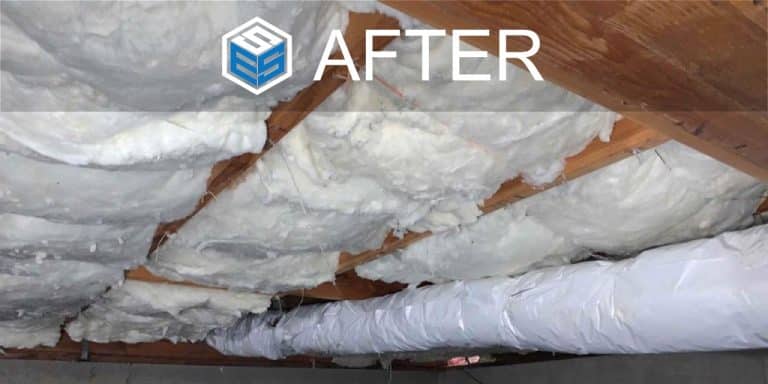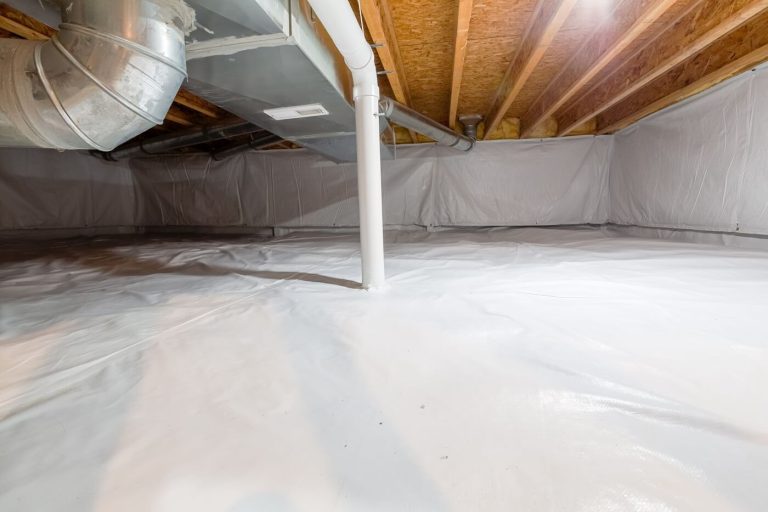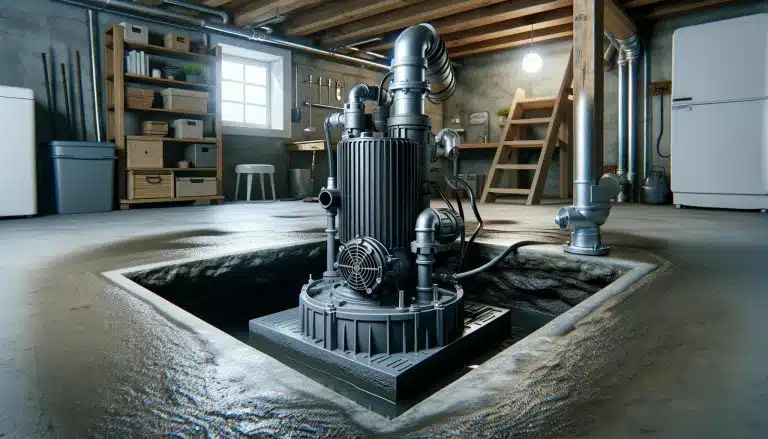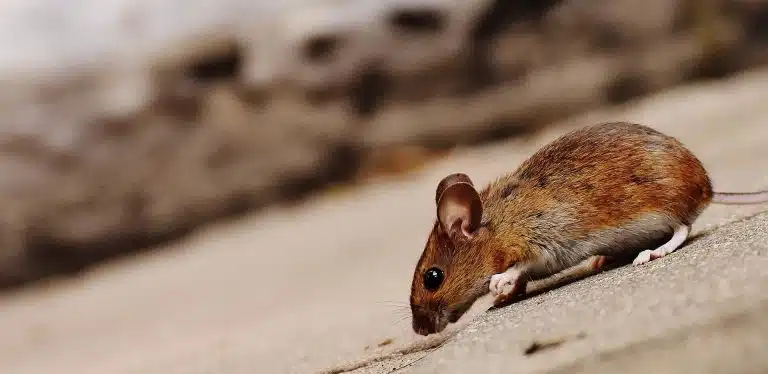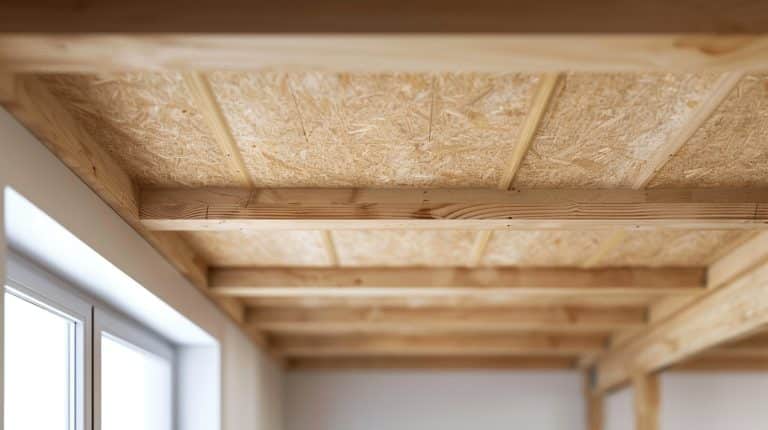Executive Summary
- The typical lifespan of an HVAC unit is 15-20, but it may show signs of wear and aging much earlier than that.
- Before replacing your unit, you should consider its age, condition, energy efficiency, and the time of year you’re planning the replacement.
- When buying a new HVAC unit, it’s important to find the right contractor for the job, consider its size, and always double-check a unit’s SEER rating before you finalize the purchase.
- The HVAC system installation process can take anywhere from three to five days.
As HVAC systems age, they become more susceptible to shorting out, resulting in the loss of heat. They can also trigger an electrical fire. Regular maintenance is crucial to prevent such incidents and extend the lifespan of the system. However, upgrading to a new system or AC unit is recommended when the system is a decade old.
While you don’t need to replace the HVAC system immediately upon hitting its ten-year anniversary, it is an excellent time to consider a new system or save up for one. And if you are wondering how to install an HVAC system, this is a guide for you!
So, when’s the best time to replace your old HVAC system? How long does it take to replace an HVAC system? Let’s find out.
- Things To Consider Before You Replace Your Old HVAC System
- The Cost of Installing The Latest HVAC Unit
- What To Check When Purchasing a New HVAC System for Your Home?
- How To Replace an AC Unit?
- How Long Does It Take To Replace an HVAC System?
- Should The AC and Heating Unit Be Replaced At The Same Time?
- Reasons To Replace Your HVAC Unit
- How To Install a New HVAC System - Final Word
Things To Consider Before You Replace Your Old HVAC System
Generally, a few factors are worth considering when deciding whether this is the right time to replace the unit.
Age
The typical lifespan of an HVAC unit is between 15-20 years. If your unit is approaching or exceeding this age range, consider replacing it, even if it works fine. That’s because with age, not only does it become more unreliable, but it also loses efficiency. So, replacing an old HVAC unit will save you money on electricity bills moving forward.
Condition
If your HVAC unit requires frequent repairs or is experiencing significant problems such as a malfunctioning compressor, coil problems, etc., it may be more cost-effective to replace the unit rather than continuing to spend money on repairing it. Not to mention that these issues could raise heating and cooling costs.
Time of the Year
The best time to replace an HVAC unit is during the off-season, which is spring or fall, when temperatures are milder and HVAC contractors are less busy. This can help you avoid the higher costs and long wait times associated with getting this done during peak season.
Energy Efficiency
If your HVAC unit is old, there is a good chance that there are newer, more efficient units available. Many of the latest ones, especially those manufactured within the past five years in the US, are highly energy-efficient, with their Energy Star rating to prove it. Just think about how much money a unit like this can save you in the long run!
The Cost of Installing The Latest HVAC Unit
When the home’s heating, ventilation, and air conditioning (HVAC) unit starts to slow down, aka show signs of inefficiency, it might be time to consider replacing it. So, the next question you’re probably asking is how much does an HVAC unit replacement cost?
Reports from various regions of the US show that replacing an HVAC unit can cost anywhere from $5,000 to $10,000. The actual cost of installing a new HVAC unit can vary, but the national average in the US sits at $7,000.
It is worth bearing in mind that the cost of an HVAC unit replacement can vary depending on several factors, such as labor costs, the accessibility of the unit, the size of the house, and the climate where the home is located. Then, there is also the fact that the chosen unit, including the brand and the efficiency rating of the device, can impact its overall price. Some central air conditioner brands are obviously more expensive than others.
HVAC unit replacement is a technical project that is better to be handled by certified professionals. Incorrect installation can lead to costly repairs or even injuries, so it’s essential to work with a reputable HVAC contractor so that the replacement is done right.
While the cost of a new air conditioning system may seem high, it’s essential to consider the long-term benefits, including increased energy efficiency and potential cost savings associated with new air conditioning units. However, you will want to do some research to find the most energy-efficient and reliable unit within your budget.
What To Check When Purchasing a New HVAC System for Your Home?
Purchasing an HVAC or cooling system may seem as simple as buying the latest iPhone. However, in reality, there is a lot more to it, and if you end up with the wrong unit, trust us, you will be very unsatisfied.
While we strongly encourage homeowners to work with professionals to choose the right HVAC unit, there are a few things worth considering:
- Start by Choosing a Professional Contractor
- Estimate the Size of the Unit
- Pay Attention to the Unit’s SEER Rating
The efficiency of the unit is determined by how well it is installed. If you have little to no experience in air conditioning system replacement, it might be a better idea to hire a reputed contractor who can work with you. Ensure you interview candidates to get a quote from them before deciding who you think will do the best job within your budget.
The easiest way to ensure you get an accurate estimate of the size is to evaluate your needs. The contractor will usually start by doing what’s called a load calculation; the calculation will take the climate, roofing materials, size of the home, and other factors into consideration.
Professionals will often consider things such as whether there is a crawlspace, perhaps a basement, in addition to the amount of insulation layered across the attic, the total number of floors, and how many people are living in the home.
In addition, they may also want to account for other features such as windows installed, the height of the ceiling, and what temperatures you want to maintain indoors.
On average, homes need 20 BTUs for every square foot of space. The more that’s needed, the higher the resulting HVAC installation costs will be.
Usually, the higher this rating (SEER), the higher the efficiency of the unit. That said, higher SEER-rated units are more expensive but will help you save more over the course of several years. So, we recommend buying the most efficient one even if the HVAC system costs more.
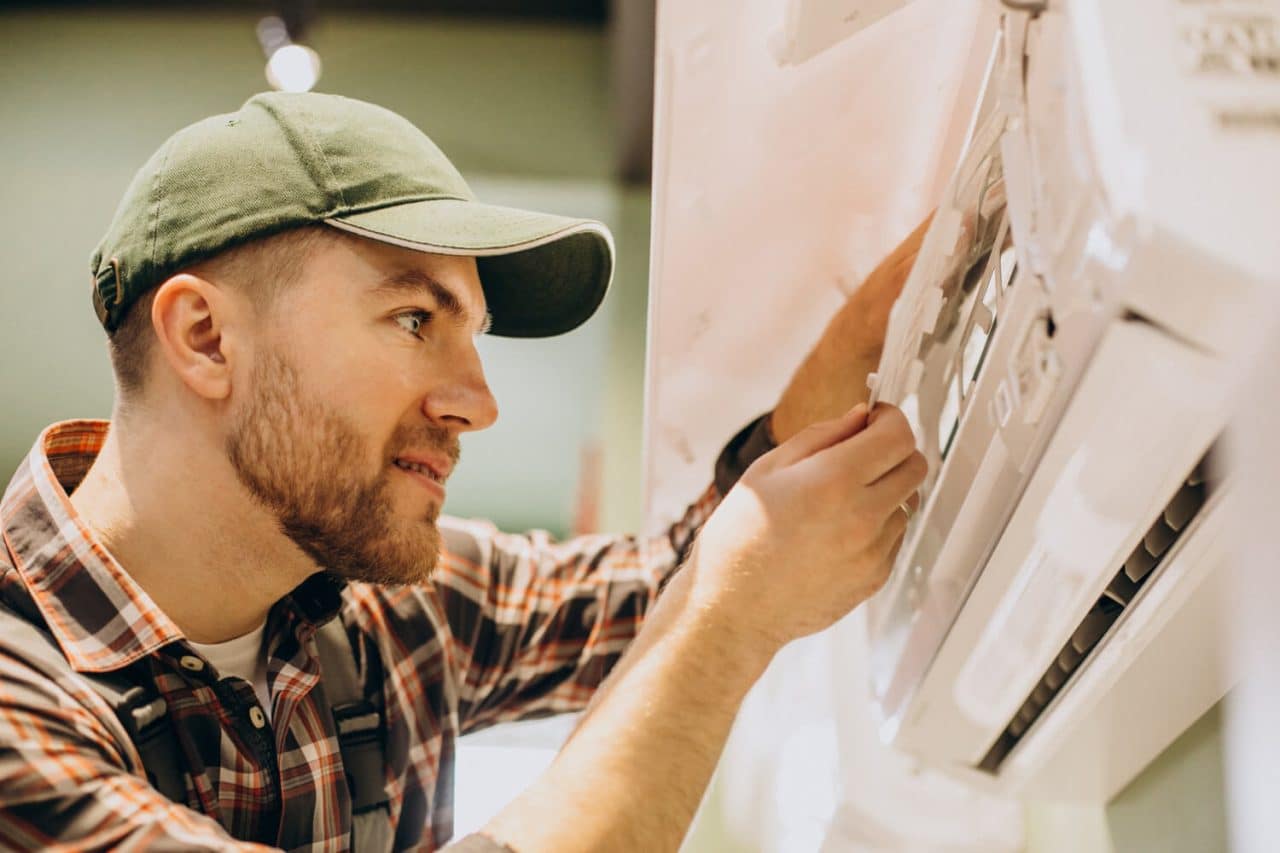
How To Replace an AC Unit?
As we mentioned, the HVAC installation process is quite impactful in terms of the future efficiency of the unit. At Envirosmart Solutions, we always make sure to follow all the best practices with all our HVAC installation services.
If you’re planning to install an air conditioner, here are our tips for residential HVAC installation.
Safety Considerations
Air conditioning installation can involve certain risks, so before any work is done, it’s important to ensure your safety throughout the whole process. Some tips to keep in mind are as follows:
- Before dismantling the old air conditioning unit, we always check if there are any gas leaks. We are mindful of any electrical malfunctions in your home. In both instances, safe air conditioning unit installation is not possible until those issues are addressed.
- Always remember about the safety gear. Our technicians wear protective safety glasses and gloves, especially when handling sharp materials and tools.
Assemble Required Tools
To install a new HVAC system, we use various tools.
- Vacuum pump
- Screwdrivers
- Cordless drill
- Reciprocating saw
- Pipe wrenches and pliers
- Measuring tape
- Snips
- Shears
- Flashlight
- Multimeter and voltage tester
Prepare the Space
Before installation takes place, we prepare the space we’ll be working in. We remove anything that doesn’t need to be there, including old furniture and other belongings. Next, we secure the floors with a protective layer.
Remove the Existing Air Conditioner
It’s crucial to cut the power to the old unit before we remove it. Then, and only then, can removing the existing air conditioning system be done safely. To dismantle the old air conditioner, it might be necessary to recover any remaining refrigerant. This task can be dangerous, and therefore, only experienced, certified technicians should attempt it.
The removal of your unit can differ slightly depending on its location. But in most instances, it requires:
- Removing the front cover or window sash.
- Disconnecting electrical wires according to the manufacturer’s instructions.
- Unscrewing the bolts securing the indoor or outdoor unit.
- Removing the air conditioner from the wall and disposing of it.
If you’re not sure you can manage the dismantling of the unit or the entire system, it’s best to hire an HVAC systems technician instead of risking damage to yourself or your property.
Once we’re done with that, the new air conditioning unit can be installed.
Check the Ductwork
We thoroughly inspect your duct system for any leaks and damages. Next, our experts clean the air ducts, removing debris that could be blocking the airflow. It’s perfectly okay to use the existing ductwork in your new air conditioner, but be mindful of the fact that sometimes alterations could be required to accommodate the new unit.
The goal of this part of the process is to end up with a duct system that can be tightly sealed and insulated to increase the efficiency of the AC system.
Find the Ideal Spot for Your Unit
Next on the agenda is to select the proper location for your new AC unit. Usually, we use something to mark the exact spot in which the air conditioner will be installed. We use measuring tape and make sure our measurements are correct to accommodate the unit and avoid any mishaps later.
Install the Unit
Now, we can begin the HVAC installation process. For those who aren’t professionals, the most reliable way to tackle this is by following the installation manual. Various cooling systems can have slightly different installation requirements, and the whole process will be different, depending on whether you choose to replace ductwork or not.
Our technicians usually follow these steps. They:
- Install a new indoor evaporator coil and refrigerant lines.
- Install mounting brackets according to the manufacturer’s recommendations.
- Check your new unit for any damages.
- Place the unit on its leveled pad and attach the refrigerant lines to their appropriate service valve.
- Weld the line set and the valves.
- Install service disconnect box and new wiring components.
- Secure the condensate drain line.
Perform a Final Check
The coronation of the whole process is letting the AC run to check if everything works just how it is supposed to. A trained ear is able to hear any malfunctions in the unit and, if possible, address them on the spot.
When you first run a new cooling system, it’s important for your house to be as warm as possible. This will allow the unit to achieve its full cooling potential. Sometimes it’s recommended to run the furnace first to test the unit and ensure proper operation.
If everything looks good, your new AC system is ready to be used. The testing phase concludes our installation process.
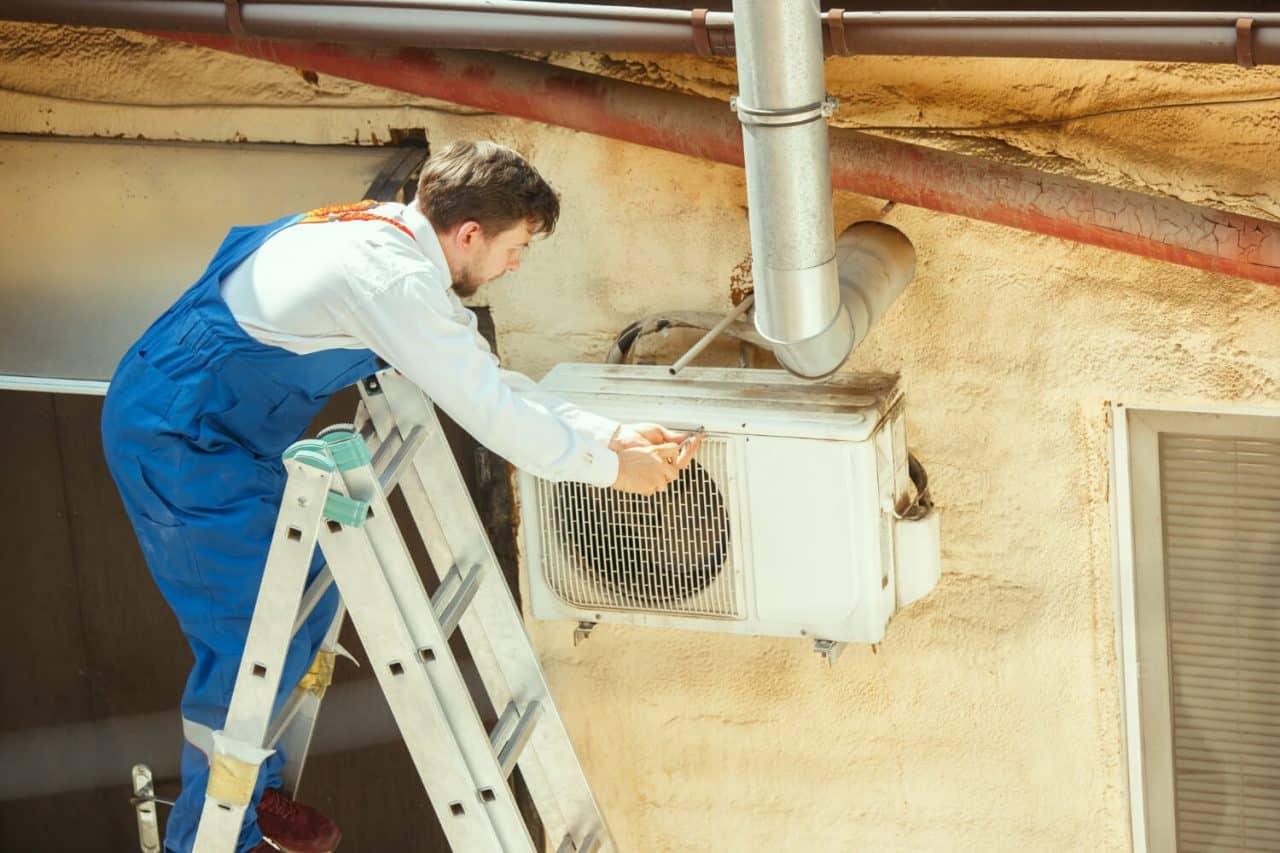
How Long Does It Take To Replace an HVAC System?
Replacing the entire HVAC system can take anywhere from three to five days. This procedure usually involves ductwork replacement and thermostat rewiring. It is an extensive process, however, the more trained and experienced the installation team, the better and quicker results you can count on.
Long story short, if you want to have your new air conditioning unit up and running with no issues whatsoever in the shortest time, it’s always smart to contact air conditioning installation experts at Envirosmart Solutions. We are veterans of heating and cooling units installations and replacements, and we’ll be able to finish the job quickly and efficiently.
Should The AC and Heating Unit Be Replaced At The Same Time?
Typically, heating units will outlast air conditioners with an average lifespan of around 20 years compared to a decade or maybe even up to 15 years for A/C units. As a result, it’s possible that the cooling unit will fail before the heating unit. If your A/C unit requires replacement, but the heating unit is still in good condition, consider retaining it, as it will mean you save money.
That said, if you can replace both heating and cooling systems, it may be worth avoiding the hassle of mismatching systems. When installing the latest, high-efficiency unit, ensure it is paired with an existing unit that is also of equivalent efficiency.
Reasons To Replace Your HVAC Unit
Here are a few reasons why you might want to consider replacing your HVAC system:
You Hear Loud Noises
If you hear loud noises from your HVAC unit, this could indicate a problem with the indoor coil of the cooling equipment. You can contact our HVAC technicians, who will examine your HVAC unit and then help you decide whether it is a problem that can be reliably addressed or if it would be best to replace it.
Your Boiler, Furnace, and AC Are Running Over Time
If you have noticed that the HVAC unit is running over time, it is a sign that it may need to be replaced. When you have a heating unit that’s consistently running, it also means that it will draw lots of energy, resulting in high energy bills. So, you might want to monitor how often the unit continuously runs.
Older Systems Are Known to Pump CO2 Into Your Home
Most older furnaces are at a high risk of cracking. The heat exchangers often crack, which allows CO2 to leak into the home. As the system ages, there is a higher chance of corrosion, which can lead to cracking as well. However, you will need to have a CO2 detector installed, which will indicate if there is a leak.
How To Install a New HVAC System – Final Word
There are many reasons why you’d want to replace your HVAC system. Some of the telltale signs of a malfunctioning unit would be uneven temperatures, loud noises, or unusually high energy bills.
Installation procedures require technical knowledge, tools, and safety gear. It’s not a process you want to go into blindly, and if you have little experience and even less time to accomplish it, it’s best to contact the experts at Envirosmart Solutions.
We guarantee the highest quality of services backed up by years of experience, so you can enjoy an efficient AC system at your home in no time! We know how to work in difficult spaces like a crawl space, and how to properly match an AC unit to your needs and house conditions.
Give us a call and make your air conditioner installation a breeze!
Further Resources:
- “How Much Does an HVAC Unit Replacement Cost?” Bob Vila, 11 Aug. 2021, www.bobvila.com/articles/hvac-unit-replacement-cost/.
- “7 Signs It’s Time to Replace Your Central AC.” Good Housekeeping, 18 May 2022, www.goodhousekeeping.com/home-products/a39897116/signs-its-time-to-replace-your-central-ac/. Accessed 6 Feb. 2024.
- Crail, Chauncey. “HVAC Installation: Learn the Process in 6 Steps.” Forbes Home, 26 Sept. 2022, www.forbes.com/home-improvement/hvac/hvac-installation/.



